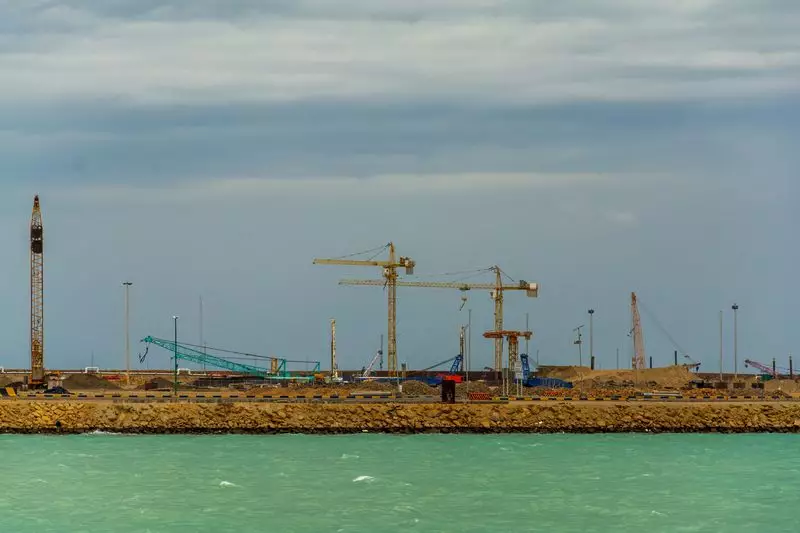
In a bold geopolitical move that could redefine regional trade dynamics, India has secured a landmark 10-year agreement to develop and operate Iran's strategic Chabahar Port. This isn't just about managing a port—it's about India carving its own pathway to global influence while strategically countering China's expanding footprint in South Asia.
The Geopolitical Chessboard
Located in the Gulf of Oman, Chabahar represents far more than concrete and cranes. This deep-sea port serves as India's direct gateway to landlocked Afghanistan and resource-rich Central Asian nations, effectively bypassing its regional rival Pakistan. The timing is particularly significant as China continues to aggressively promote its Belt and Road Initiative (BRI) through the nearby Pakistani port of Gwadar.
As Union Minister of Ports, Shipping and Waterways Sarbananda Sonowal emphasized during the signing ceremony, "Chabahar is not merely a port, but a gateway to unparalleled opportunities." His words underscore the project's transformative potential for regional connectivity.
Economic Corridors and Trade Revolution
The Chabahar agreement unlocks multiple economic opportunities:
- International North-South Transport Corridor (INSTC): This 7,200-km multimodal network will connect Indian ports to Iran, Azerbaijan, Russia, and ultimately Europe, slashing transit times by up to 40% compared to traditional sea routes
- Central Asian Access: Indian goods can now reach Afghanistan and Central Asian markets directly, opening new export frontiers for Indian businesses
- Energy Security: The port provides India with alternative energy import routes, reducing dependence on volatile shipping lanes
Strategic Counter to China's BRI
While China invests billions in Pakistan's Gwadar Port as part of its CPEC initiative, India's Chabahar development represents a sophisticated counter-strategy. The port enables India to:
- Establish a strategic presence near critical global shipping lanes
- Develop alternative trade routes independent of Chinese influence
- Strengthen regional partnerships with Iran, Afghanistan, and Central Asian nations
- Position itself as a reliable regional partner for connectivity projects
Beyond Economics: Regional Stability
The Chabahar project transcends commercial interests. By providing Afghanistan with reliable sea access, India contributes to the war-torn nation's economic stability and reconstruction efforts. This development comes at a crucial time as regional powers recalibrate their Afghanistan strategies following the US withdrawal.
"This is where geography meets destiny," noted a senior Indian official, capturing the port's profound significance. Indeed, Chabahar represents India's growing confidence in shaping regional architecture rather than merely responding to others' initiatives.
As the first overseas port to be operated by India, Chabahar marks a new chapter in the nation's foreign policy—one where economic connectivity and strategic autonomy converge to create new possibilities across South and Central Asia.





